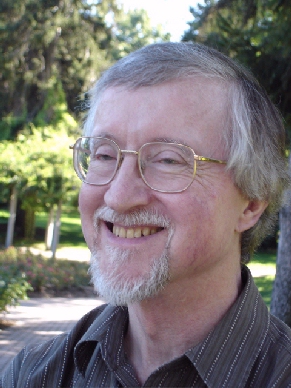SUBUD VISIONAuthor:Leonard Priestley |
|

|
Mini BiographyLeonard Priestley was born in 1937 in Toronto. He studied English literature, philosophy, Greek and Latin at the University of Toronto, where he also wrote poetry and was co-editor of a college literary magazine, and then did a master’s degree in English literature at Harvard. While he was there, an opportunity presented itself to study Chinese at the University of Toronto with a view to working in the field of Chinese literature. So when he had completed his degree at Harvard, he returned to Toronto and began studying Classical Chinese. His interest shifted to Chinese philosophy and then to Buddhist philosophy. He began the study of Pali, Sanskrit and Classical Tibetan and did an M.A., a Phil.M. and then a Ph.D. in Buddhist Studies, all at the University of Toronto. He married his wife, Rosalind, after he returned from Harvard. They joined Subud in 1966, while he was working on his M.A. in Buddhism. He chose the subject of his Phil.M. and Ph.D. research, the Indian Mahayana philosopher Nagarjuna, with the help of spontaneous testing. Nagarjuna’s was not the philosophy that he was most attracted to at the time, but the choice proved excellent both academically and for his personal development. He gained a tenured position in the faculty of the University of Toronto, which he held until his retirement in 2003. Most of his undergraduate teaching was in Chinese philosophy; his graduate teaching and research were in Indian Buddhist philosophy. He also taught occasionally at a local Zen temple and at Nalanda College of Buddhist Studies. He has written one book, Pudgalavada Buddhism, and is now working on another, on Nagarjuna. He also plays music and writes large numbers of haiku.
As far as religion is concerned, his beliefs are amorphous and, he believes, none the worse for that. |
Belief and Unbelief pdf, htmlBelief and unbelief are both acceptable in Subud, but it is widely assumed that belief is preferable. What basis is there for that assumption? And there are many kinds of belief and unbelief. What kind are we talking about? Feedback on Leonard's articlesTo send feedback on an article, please click on the button, next to the article synopsis, that says "Send Feedback on this article". |